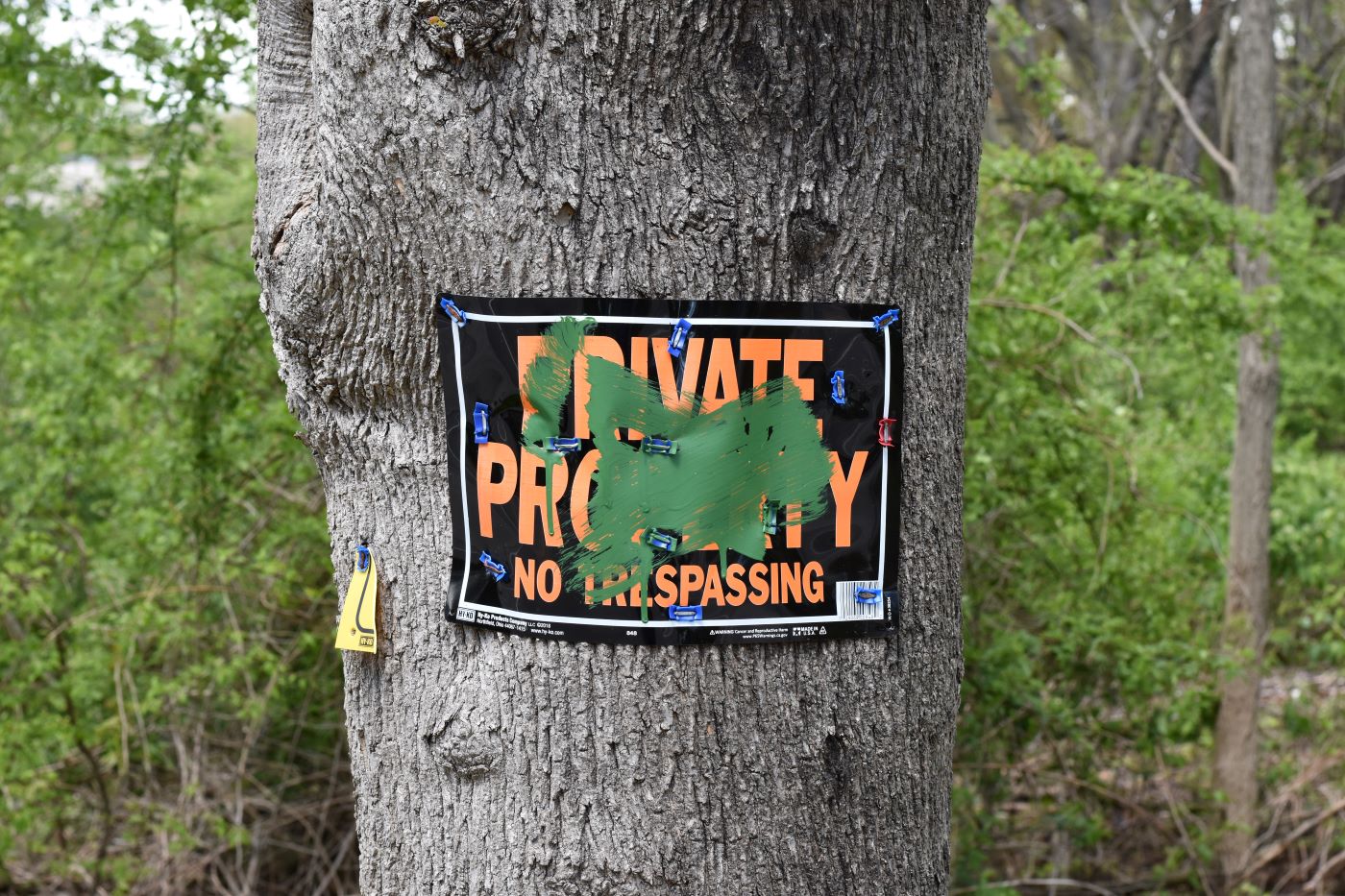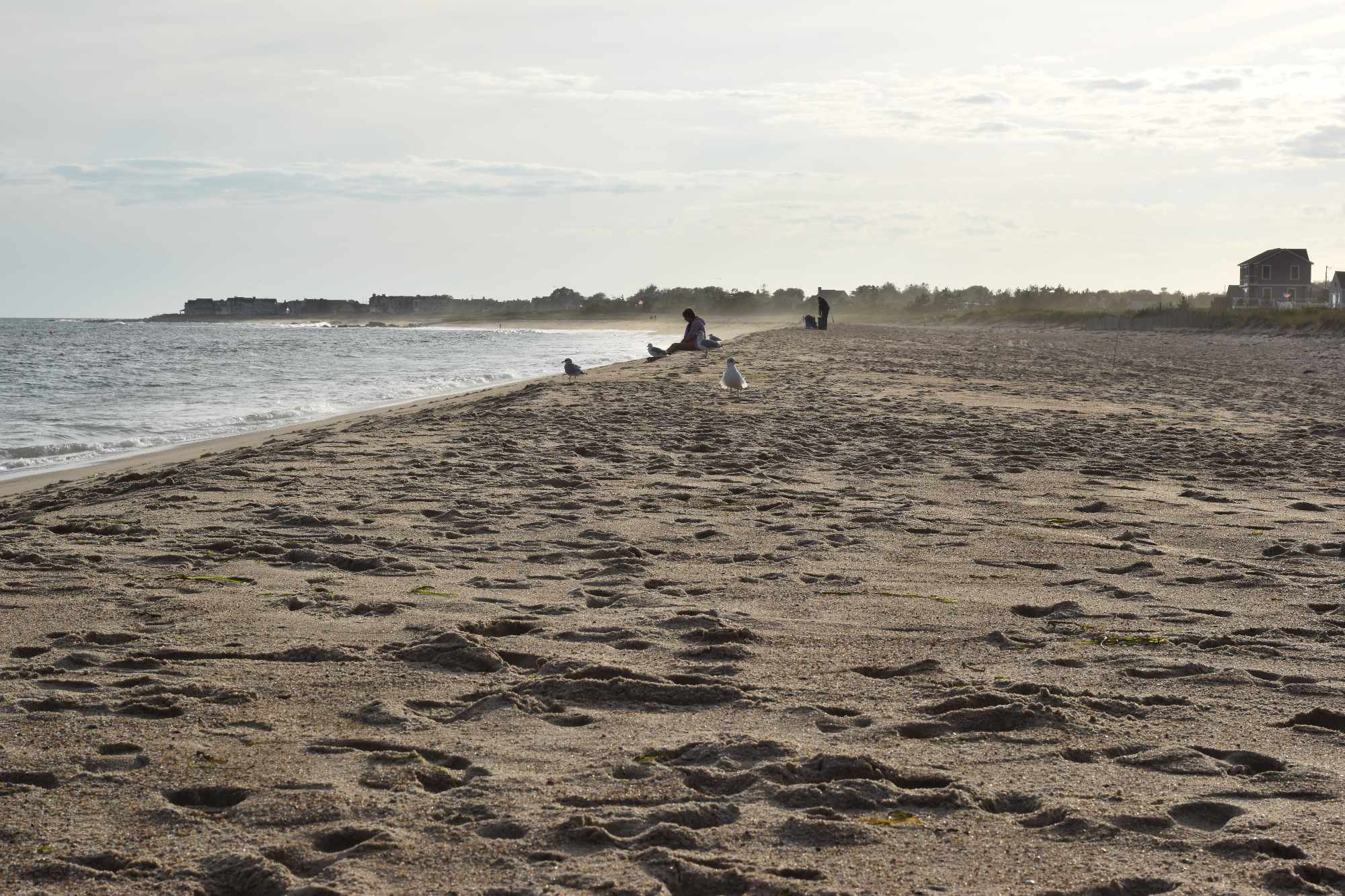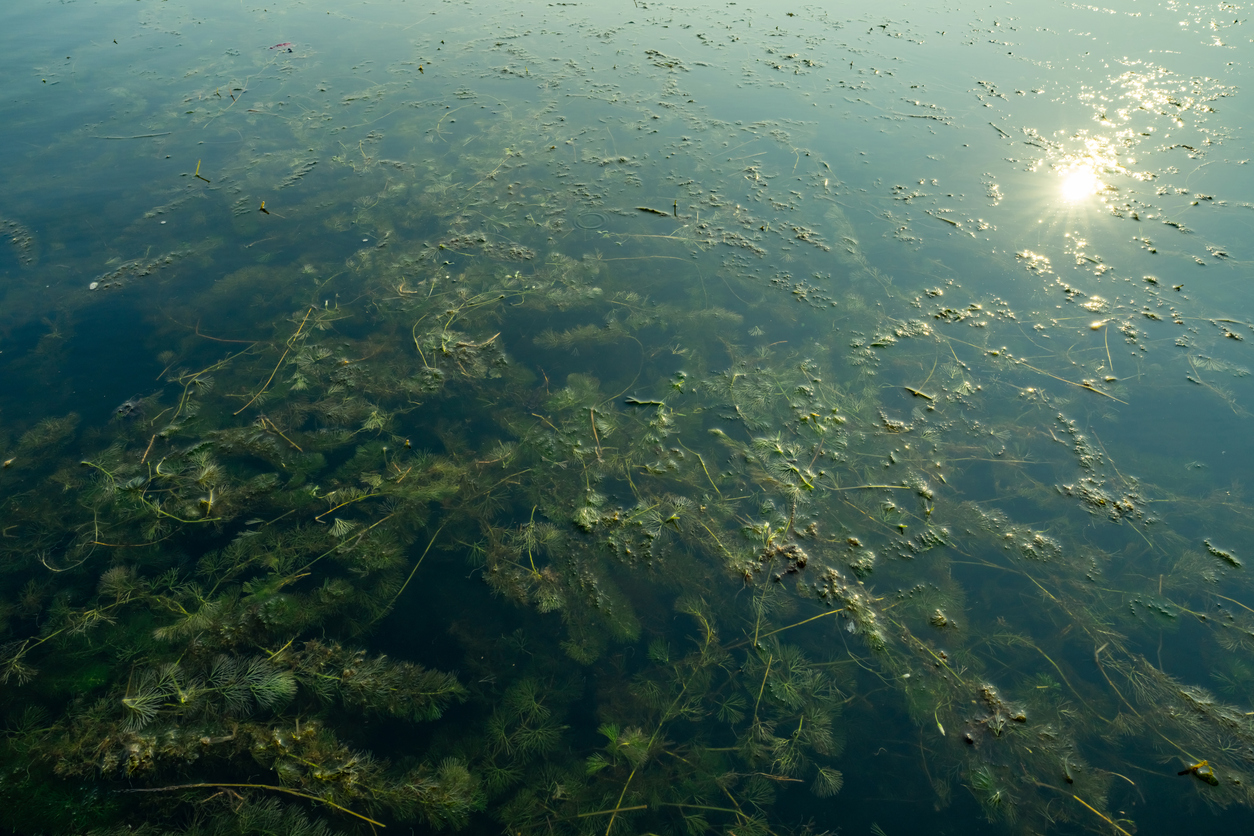Portsmouth’s Melville Pond System Suffering from Low Oxygen Levels
November 13, 2023
PORTSMOUTH, R.I. — One of Aquidneck Island’s most popular recreational hot spots is running low on air.
Scientists from the Rhode Island Department of Environmental Management found low levels of dissolved oxygen after testing the water quality of both Thurston Gray Pond (also known as Upper Melville Pond) and Lower Melville Pond.
DEM officials said they discovered the low oxygen levels during routine water quality testing of the Melville ponds watershed. The ponds have been on DEM’s impaired waters list since 2008 for the high levels of total phosphorus found in the two waterbodies. Environmental officials said they are adding low dissolved oxygen next year.
Waterbodies like the Melville ponds typically attract high levels of phosphorus from stormwater runoff that carries it and other nutrients, such as nitrogen, into them from fertilizer and other lawn-care products. Nutrient overloading is typically correlated with development. Close to 80% of Upper Melville Pond’s watershed is developed commercial or residential land, according to the University of Rhode Island’s Watershed Watch.
Once in the water, those nutrients turn the ponds into a veritable hometown buffet for cyanobacteria, a common bacteria found in almost all fresh waters in the state.
Cyanobacteria feasting on the nutrients, combined with other factors such as sunlight and heat, allows it to grow into massive algae blooms that prevent sunlight from reaching sediment on the bottom and changes the water to a sickly green color. The blooms consume dissolved oxygen in the water as they grow, and when the algae finally dies, it takes the oxygen with it, causing hypoxic events.
“This cycle repeats itself over and over again,” said Brian Zalewsky, an environmental scientist in DEM’s Office of Water Resources, at an informational meeting at Town Hall on Tuesday night. “It’s unfortunate we keep seeing these blooms over and over again.”
DEM, together with the state Department of Health (DOH), instituted the latest no-contact health advisory for Lower Melville Pond in late September. Upper Melville Pond has had a no-contact advisory on it since mid-July.
The Melville ponds are some of the worst offenders for harmful algal blooms. State agencies have instituted no-contact advisories 15 times for the two ponds since DEM began tracking algal blooms in 2012.
Dissolved oxygen levels are key indicator for water quality and are essential for aquatic life. Aquatic organisms ranging from fish to shellfish to plants require dissolved oxygen to be present in the water to survive, similar to how humans require oxygen found in the atmosphere.
Low levels of dissolved oxygen in the water can lead to hypoxic events, where oxygen levels are so low, organisms have to flee the area, if they can, or risk death. In the past, such events have caused fish to die off en masse, such as the August 2003 Greenwich Bay Fish Kill that resulted in a million dead menhaden.
Under the Clean Water Act, DEM officials are required to develop a total maximum daily load (TMDL) plan for any waterbody that’s added to the impaired waters list. TMDL plans establish the maximum amounts of pollutants from specific sources that can be discharged into a body of water and still meet the state’s water quality standards.
The low dissolved oxygen levels were discovered while collecting data to be used in the plan. The Nov. 7 public meeting was designed to inform residents and solicit feedback about the ponds.
“It really bothers me to go down to the ponds and you can’t put as much as a kayak in the water from all the algae,” said Raymond Abraham, a local resident and member of the town’s Melville Park Committee.
Abraham said he was fed up with public access to the ponds getting shut down toward the end of the season due to algal blooms, and that the Melville Park Committee was looking into buying four aerators to be installed in the northern half of Upper Melville Pond.
“You’ve got to have something in the pond to aerate the water or it’s going to be green [from algae] again in a week,” he said.
The Melville pond system isn’t actually a naturally occurring waterway. The ponds were built between 1942 and 1950 by the Navy to be used as a drinking water supply. The Navy also built seven smaller ponds that were designed to act as sedimentation basins, which have since been filled in, and today are closer to wetlands than actual ponds.
In the 1970s, the Navy transferred ownership of the ponds to the town, which chose to create Melville Park around the ponds, including hiking trails, a dog park, and a campground on lands that were once primarily agriculture.
The agricultural history of the land is coming back to bite the pond. Zalewsky said the area’s history likely led to a lot of farm runoff getting washed into and buried in both ponds’ sediment. That phosphorus in the pond sediment is now getting released into the pond, according to Zalewsky, because the low oxygen levels are making the nutrient soluble.
Elevated phosphorus nutrients and low oxygen levels aren’t the only environmental hazards facing the ponds. To the west of Melville Park are two of the tank farms used by the Navy during the 20th century to store fuel. Earlier this year DEM identified the Navy tank farms as a major source of per- and polyfluoroalkyl substance (PFAS) contamination.
Jeff Richard, a member of the Melville Park Committee, emphasized the pond’s importance as a source of recreation in the park.
“If something as serious as this isn’t dealt with,” said Richard, “we won’t be able to use the pond.”



